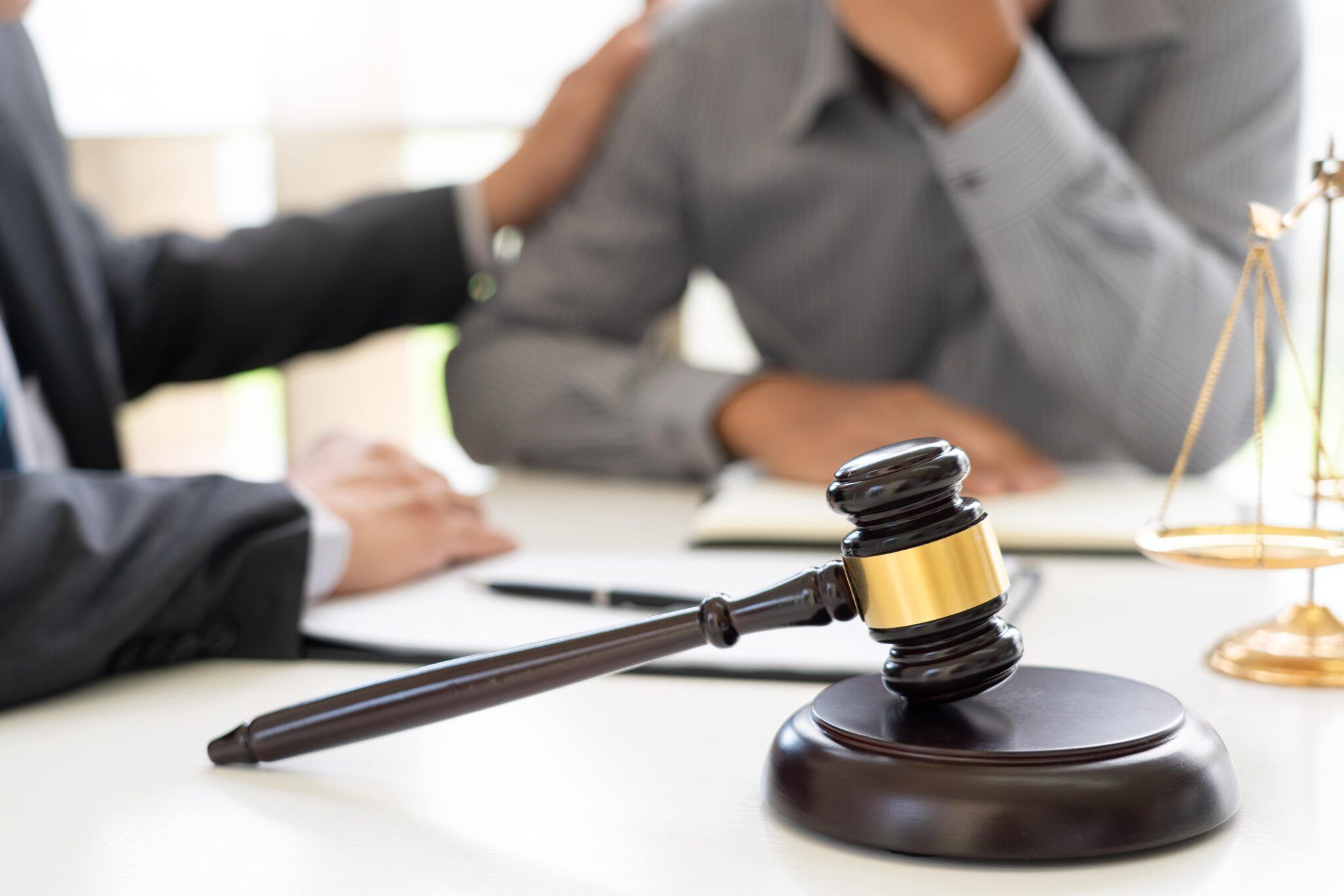Introduction
Legal contests, a staple of law school education, are a unique way for aspiring lawyers to enhance their advocacy skills and immerse themselves in the world of appellate court proceedings. However, these competitions come with their own set of rules and intricacies that participants must understand and master. Lawyers, particularly those with experience in appellate advocacy, play an indispensable role in guiding law students through these contests. In this article, we will explore the crucial insights into legal contest rules and how lawyers can provide invaluable guidance to students navigating this challenging terrain.
Understanding Legal Contest Rules
Legal contests, often known as moot court competitions, mock trials, or appellate advocacy contests, simulate appellate court proceedings where participants argue hypothetical cases. To succeed in these competitions, it is essential to grasp the fundamental rules and guidelines:
- Case Materials: Legal contests typically provide participants with a set of case materials, including factual scenarios, court decisions, statutes, and legal precedents. Participants must thoroughly analyze these materials to construct their arguments.
- Time Limits: Contests often impose strict time limits on oral arguments, requiring participants to present their case and respond to questions from a panel of judges within a designated timeframe.
- Scoring Criteria: Judges evaluate participants based on various criteria, including legal reasoning, knowledge of the law, oral advocacy skills, and the ability to address questions effectively.
- Appellate Procedures: Participants must be well-versed in the procedures and etiquette of appellate courts, including how to address the bench, make arguments, and handle rebuttals.
- Brief Writing: Competitors are typically required to submit written briefs that outline their legal arguments, citing relevant case law and statutes.

Lawyers and Their Role in Guiding Students
- Coaching: Many law schools employ faculty members with expertise in appellate advocacy who serve as coaches for legal contest participants. These coaches offer guidance on case analysis, legal research, oral advocacy, and the overall competition process.
- Mentorship: Lawyers, particularly those who have participated in similar contests or have experience arguing cases before appellate courts, can serve as mentors. They offer invaluable advice, share practical tips, and help students refine their legal arguments.
- Mock Oral Arguments: Lawyers can conduct mock oral argument sessions, replicating the contest environment. These sessions enable students to practice presenting their arguments, responding to questions, and perfecting their overall presentation skills.
- Legal Research and Writing: Lawyers can assist students in improving their legal research and writing skills, ensuring that they construct persuasive briefs and legal arguments that adhere to contest rules.
- Feedback and Evaluation: Lawyers provide constructive feedback and evaluate students’ performance, highlighting areas for improvement and suggesting strategies for success.
Conclusion
Participating in legal contests is an enriching and challenging experience for law students, offering them an opportunity to refine their advocacy skills and gain practical insights into appellate court procedures. Success in these competitions hinges on a deep understanding of the rules and guidelines that govern them. Lawyers, with their experience in appellate advocacy and legal expertise, play a pivotal role in guiding and mentoring students as they prepare for legal contests. Their guidance not only enhances students’ performance in these contests but also equips them with valuable skills that will serve them well in their future legal careers.
